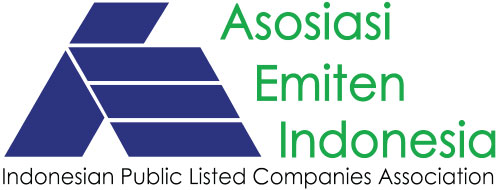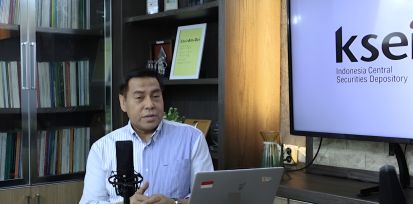
Impact and Challenges of VAT Increase from 11% to 12%
Starting January 1 2025, the Value Added Tax (VAT) rate in Indonesia will increase from 11% to 12%, as mandated in the Law on Harmonization of Tax Regulations (HPP) no. 7 of 2021. This policy aims to increase state revenues in order to maintain post-pandemic fiscal stability. However, this change triggered various reactions, especially from business actors, who considered that the increase in VAT would bring its own challenges in its implementation. One aspect of concern is the VAT calculation mechanism which in practice uses the formula 11/12 of the price of goods, which is considered confusing and can complicate business administration processes.
Apart from that, entrepreneurs in various sectors have had to adjust their recording and taxation systems in a relatively short time. Several sectors such as travel agents, goods delivery services, gold trading and the tobacco industry also objected because they were charged the full 12% tariff, not the 11/12 calculation like other sectors. This raises concerns about potential injustice in implementing the policy. Although in theory a 1% increase in VAT should not have a major impact on people's purchasing power, psychological factors and the complexity of the rules risk driving up prices of goods and services more broadly.
Overall, this policy is a government step to increase tax revenues in order to strengthen national fiscal conditions. However, its implementation still faces a number of challenges, especially for the business world which is the main party in VAT collection. Therefore, more massive outreach and clear supporting regulations are needed so that the transition to a 12% VAT rate can run smoothly without hampering economic growth and business competitiveness.
Caritau Podcast: Taxes Getting Heavier? Issuer's Strategy to Face Tax Amnesty 2025! with Ajib Hamdani




 Back to Home
Back to Home







